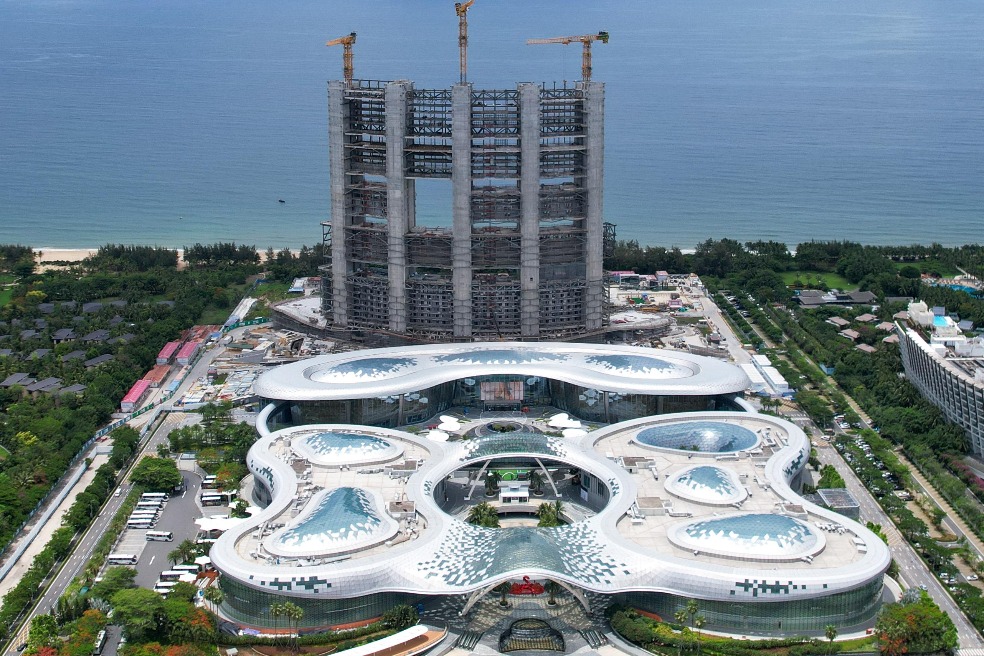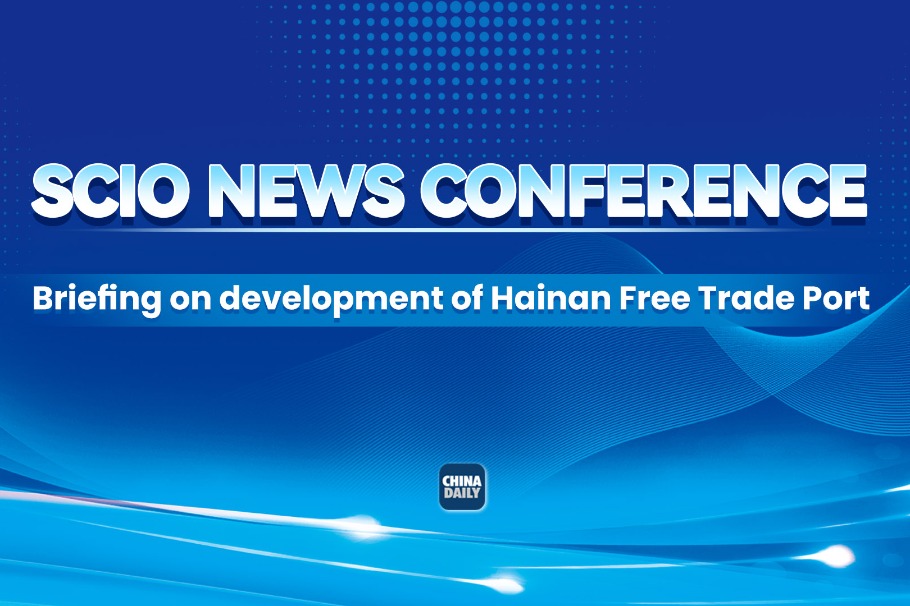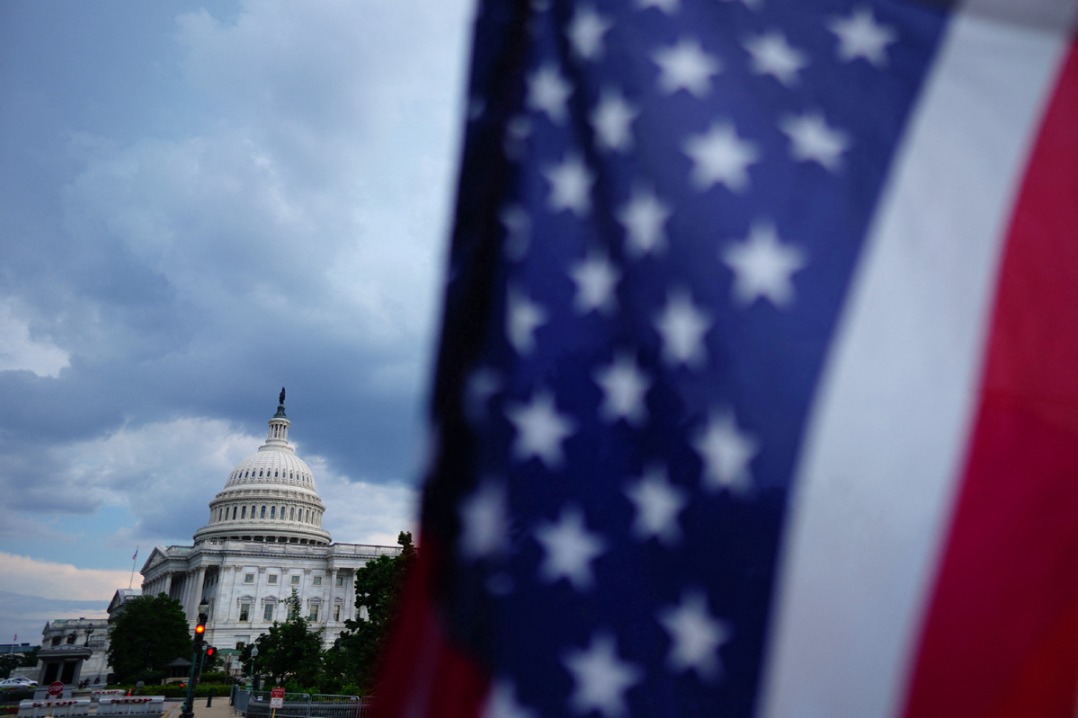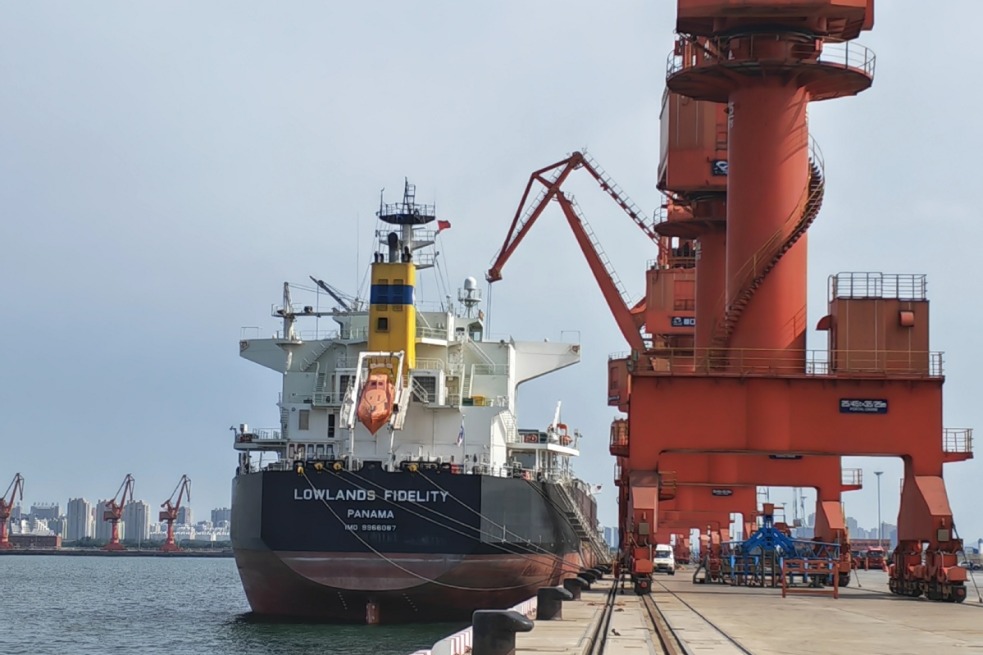Sea of peace, friendship and cooperation, not an arena for Washington's geopolitical games: China Daily editorial


The acting representative of the United States to the United Nations accused China of using "dangerous and destabilizing ways" to enforce "expansive and unlawful maritime claims in the South China Sea" during an open UN Security Council debate on Tuesday.
Ambassador Dorothy Shea took the debate as an opportunity to hype up the null and void 2016 "ruling" of the Arbitral Tribunal.
Refuting the US representative's groundless accusations, Fu Cong, China's permanent representative to the UN, said that China's territorial sovereignty and maritime rights and interests in the South China Sea have an indisputable historical and jurisprudential basis. He also reiterated China's position on the South China Sea "arbitration case", stressing that China does not recognize the so-called "ruling" and rejects any actions or claims based on it.
On the "arbitration" case, Chinese Foreign Minister Wang Yi expounded on China's position when attending the series of annual foreign ministers' meetings on East Asia cooperation in Kuala Lumpur on July 11.
Wang noted that the South China Sea "arbitration case" unilaterally initiated by the Philippines lacked the necessary precondition of prior full exchange of views and violated the principle of state consent as the foundation for arbitration. Therefore, it did not have a legal basis on which to proceed from the outset.
The Philippines' move also violated the Declaration on the Conduct of Parties in the South China Sea, which stipulates that disputes should be resolved peacefully through friendly consultations by the parties directly concerned. It also ran counter to the commitments made by the Philippines in bilateral agreements with China and breached the principle of estoppel under international law.
Although the "arbitration case" was presented in various forms, the essence of the Philippine claims concerned China's territorial sovereignty over the Nansha Islands and directly involved maritime delimitation. Territorial issues are beyond the scope of the United Nations Convention on the Law of the Sea, and maritime delimitation was explicitly excluded by the Chinese government through a declaration made in 2006.
In addition, the arbitral tribunal's "ruling" had serious flaws in both facts and the application of law. It wrongly classified Taiping Island, the largest feature in the Nansha Islands with an area of about 500,000 square meters, as a rock, thereby concluding that no feature in the Nansha Islands could generate an exclusive economic zone or continental shelf. This decision contradicts both the facts on the ground and the provisions of the UNCLOS.
The US refuses to accede to the treaty, yet it frequently acts as if it were judge and jury on matters covered by the convention. It is absurd, ridiculous and hypocritical for the US to issue directives and interfere with the affairs of other countries citing the convention and the illegal "arbitral ruling".
In fact, in recent years, through China's joint efforts with countries of the Association of Southeast Asian Nations, the overall situation in the South China Sea has remained stable. China has consistently worked with its neighboring countries to properly manage differences over the South China Sea through dialogue and consultation on the basis of respect for historical facts and international law. As a result there has been no problem with freedom of navigation and overflight in the waters except for risk-creating incidents involving US naval vessels.
With China's consistent stance on addressing differences and disputes with its neighboring countries through dialogue and consultation, the situation in the South China Sea has been generally well managed and stable.
It is the interference of the US that has made the situation in the waters complicated and unstable. The US deploys offensive weapons in the South China Sea region, such as land-based intermediate-range missiles, and frequently sends its large, advanced ships and aircraft to conduct military reconnaissance and exercises under the guise of "freedom of navigation" operations, and blatantly intrudes into China's territorial waters and airspace.
What the US has done and is doing stirs up turbulence in the South China Sea. By doing so, the US is trying to sow seeds of discord between China and its neighboring countries. Which is a key part of its geopolitical strategy to contain China's rise.
In this sense, the US' interference and direct and indirect involvement in the South China Sea affairs are the major source of instability in the region. The US' military deployment poses a real threat to the freedom and security of navigation in the South China Sea.
The US' pointing accusing fingers at China in this regard is actually the way it conceals the intention behind what it has been doing.


































